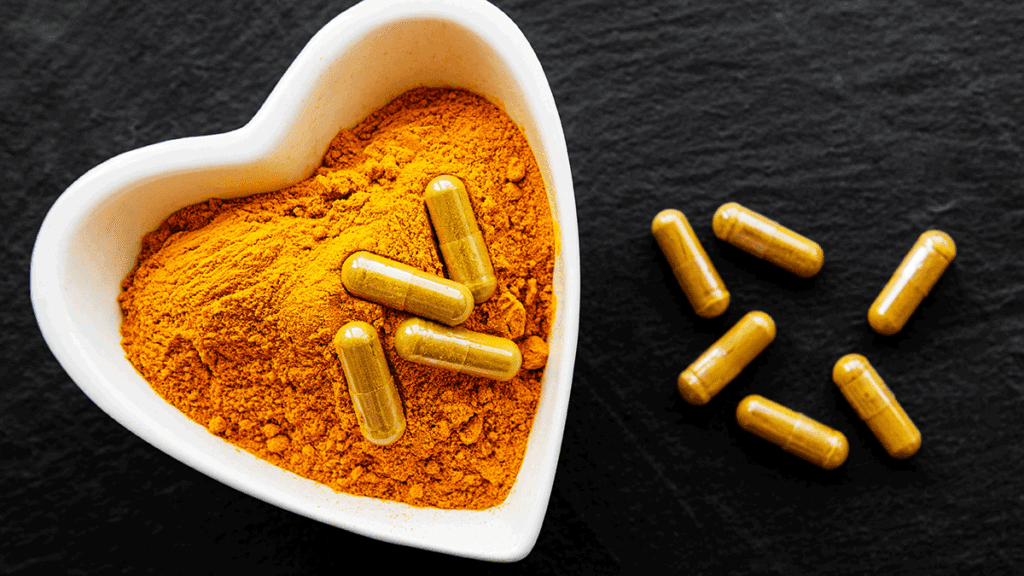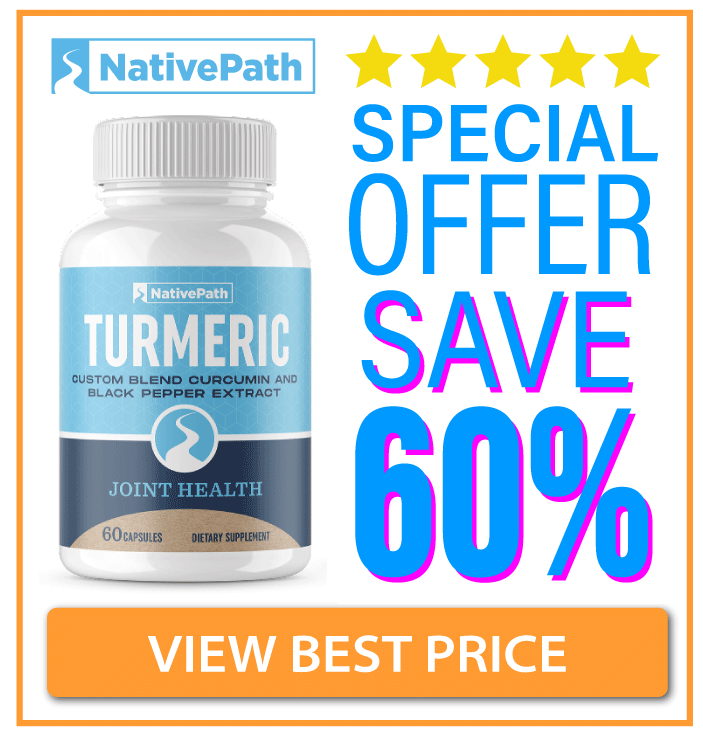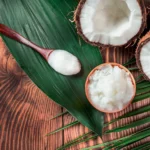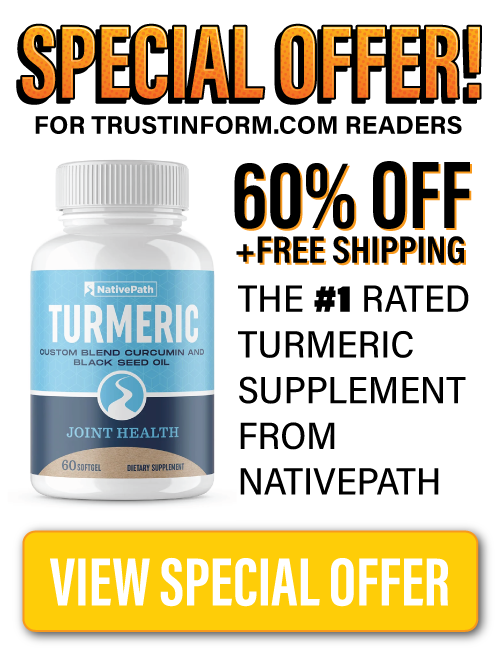The Many Benefits of Turmeric, An Ancient Super Food
For millennia, the civilizations and cultures of the East have prized the edible roots of Curcuma longa, the plant as a spice of exquisite flavor, color, and potent health-giving benefits of turmeric. [1]
Curcumin, the bioactive compound in turmeric, is now recognized and embraced as a powerhouse supplement that can make all the difference to our health as we get older.
Want to know more? Here, we share the top 7 benefits of turmeric curcumin, and why you should use this remarkable supplement.
What Is Turmeric?


Turmeric root is a relative of ginger. It derives its name from the Latin terra merita, meaning ‘meritorious earth’, consistent with its vivid ochre color and potent nutrients. Ancient Indian medicine revered turmeric as one of its foremost ingredients, capable of treating ailments and diseases in almost every body system.[1]
Known as the ‘golden spice’, turmeric is also used as a seasoning and is a main ingredient of curry powder. Turmeric is good for you, and despite its wide-ranging activity it is well-tolerated with no serious side effects.
Top 7 Benefits of Turmeric Curcumin
Turmeric is an amazing supplement for natural energy and good health. Here are seven reasons to add a quality turmeric supplement to your health regimen:
#1: Turmeric Promotes Gut Health
Turmeric has wide-ranging positive effects on gut and liver health. When you take turmeric, friendly bacteria in your gut act on it to produce curcumin and other biologically active compounds. The curcumin in turmeric strengthens intestinal barrier function and promotes beneficial gut bacteria needed for optimal digestive system health. [2]
For maximum effect, you should consider combining turmeric with a quality probiotic.
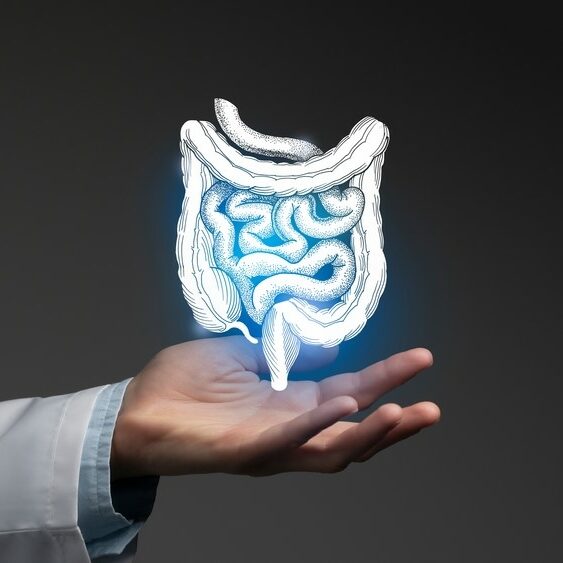

#2: Skin Conditions Can Benefit From Turmeric


Turmeric helps to heal common skin conditions like acne, eczema, and psoriasis from the inside and out.[3] Topical preparations and poultices containing turmeric are ancient remedies for a variety of skin conditions.
The rich antioxidants of turmeric calm inflammation and promote the synthesis of collagen, essential for healing skin. A simple paste of turmeric remains a popular traditional facemask in India.
#3: Turmeric Can Help You Ease Arthritis
Turmeric has been used to treat arthritis for at least 3000 years! Turmeric’s anti-inflammatory properties target the joint swelling and stiffness that accompanies osteoarthritis.[4]
By upregulating the cellular receptors that promote healing in affected tissues, curcumin stops the cellular messages that drive the inflammatory process. Curcumin can even induce cell death in the immune cells which create inflammation and damage joints.


A study of 138 patients with knee osteoarthritis found that curcumin supplements provided pain relief that was comparable to the painkiller diclofenac, with a marked reduction in the measured severity of pain over 28 days.
#4: Turmeric Curcumin Provides Robust Immune Support


Turmeric is just the thing for an immune system boost! Keep your immune system on standby for viruses, bacteria, and other infectious agents by taking turmeric curcumin daily. Alongside curcumin, the vitamin C, vitamin B6, and other antioxidants in turmeric also work to protect and strengthen your body against diseases.
Curcumin and other antimicrobial compounds in turmeric not only fortify the immune system but help it to suppress damaging inflammatory processes, reducing symptoms and promoting healing.[5]
This anti-inflammatory effect is beneficial for people with autoimmune diseases, where the immune system is overactive.
#5: A Supplement For The Mind
The remarkable effects of turmeric extend to the nervous system and brain, making it an indispensable supplement for supporting cognition and mental health as you get older.
This superfood has been shown to prevent or slow the progression of Alzheimer’s. [6] Turmeric does this by curbing the underlying inflammation and oxidative damage to the brain that drives the Alzheimer’s disease process.


Researchers have shown that curcumin reduces the degenerative features of Alzheimer’s, leading to evidenced memory improvement in patients.
Curcumin also produces favorable changes in the serotonin and dopamine systems of the brain (the “happy” chemicals), helping to fight depression. These systems help to regulate mood, with curcumin having an effect on them that is comparable to antidepressants like Prozac.
#6: Take Turmeric For Heart Health
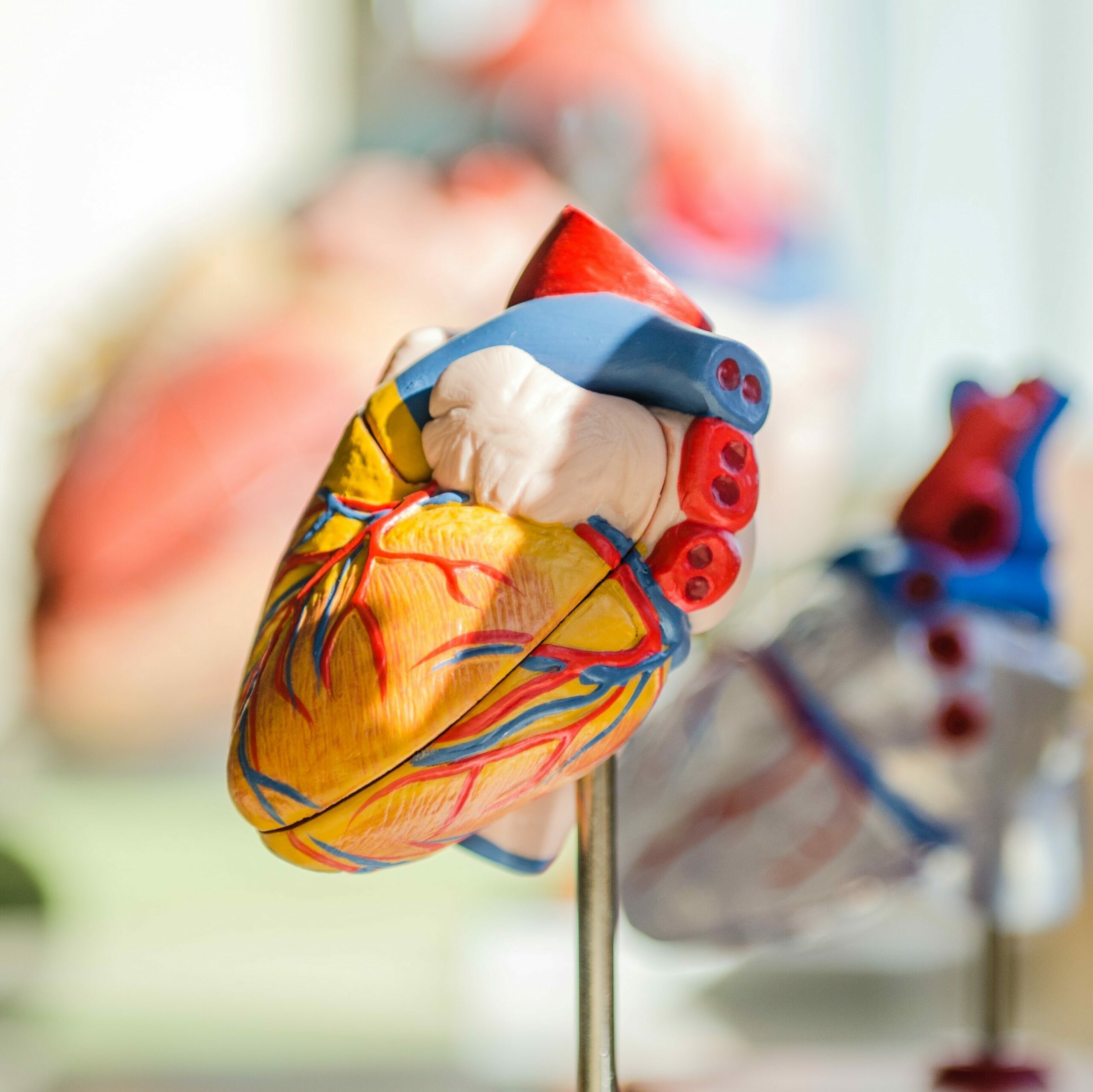

A turmeric supplement is an easy and effective way to lower your risk of cardiovascular disease. The curcumin in turmeric is a powerful antioxidant and anti-inflammatory agent that combats disease processes that lead to high blood pressure, heart attacks, and strokes.
Taking turmeric for a period as short as 12 weeks has been shown to produce favorable changes to the lining of the heart and blood vessels of middle-aged and older adults.[7]
In addition, turmeric lowers fat levels in the blood in people at risk of heart disease, driving down levels of harmful LDL cholesterol. Turmeric curcumin is also a weak blood thinner. This may be benefit people who are at risk of blood clots but not taking blood-thinning medication.[7]
If heart health is important to you, you should also consider a krill oil supplement. Krill oil is loaded with powerful omega-3 fatty acids and has no off flavors like fish oil.
#7: Turmeric Curcumin May Even Help to Prevent Cancer
Turmeric curcumin is being investigated as a cancer wonder drug, with multiple studies underway to understand its anti-cancer activity. Over the past 20 years, medical research has established that curcumin disrupts the cellular pathways that drive cancer growth and can even kill cancer cells.
Some early studies have even indicated that the active ingredient of turmeric can inhibit and prevent the growth of certain mouth, breast, bowel, and liver cancers. [8]


Scientists found that patients who took therapeutic doses of turmeric had curcumin present in their blood, urine, and tissues, enabling this potent compound to access the cancer-affected tissues.
Finding The Right Turmeric Supplement For You
As you can see, turmeric is a real all-rounder and a great investment for your long-term health. It is one of the best value supplements because of the wide range of benefits it provides.
If you are wondering how to choose a quality turmeric supplement, look for turmeric curcumin capsules or powers that include back pepper. Its active ingredient, piperine works with curcumin to dramatically increase its absorption by your body.[9] Quality supplements will combine these nutrition powerhouses.
Also remember to take advantage of bulk discount sales when you see them. It’s a great way to stock up and save money! If you would like more information on the best turmeric curcumin brands, Natural Review’s Top 5 Turmeric Supplements of 2022 is a great place to start.
[2] Zam W. Gut Microbiota as a Prospective Therapeutic Target for Curcumin: A Review of Mutual Influence. J Nutr Metab. 2018 Dec 16;2018:1367984. doi: 10.1155/2018/1367984. PMID: 30647970; PMCID: PMC6311836.https://pubmed.ncbi.nlm.nih.gov/27213821/
[3] Vaughn AR, Branum A, Sivamani RK. Effects of Turmeric (Curcuma longa) on Skin Health: A Systematic Review of the Clinical Evidence. Phytother Res. 2016 Aug;30(8):1243-64. doi: 10.1002/ptr.5640. Epub 2016 May 23. PMID: 27213821.https://pubmed.ncbi.nlm.nih.gov/27533649/
[4] Daily JW, Yang M, Park S. Efficacy of Turmeric Extracts and Curcumin for Alleviating the Symptoms of Joint Arthritis: A Systematic Review and Meta-Analysis of Randomized Clinical Trials. J Med Food. 2016 Aug;19(8):717-29. doi: 10.1089/jmf.2016.3705. PMID: 27533649; PMCID: PMC5003001.https://pubmed.ncbi.nlm.nih.gov/17211725/
[5] Jagetia GC, Aggarwal BB. “Spicing up” of the immune system by curcumin. J Clin Immunol. 2007 Jan;27(1):19-35. doi: 10.1007/s10875-006-9066-7. Epub 2007 Jan 9. PMID: 17211725.https://pubmed.ncbi.nlm.nih.gov/19966973/
[6] Mishra S, Palanivelu K. The effect of curcumin (turmeric) on Alzheimer’s disease: An overview. Ann Indian Acad Neurol. 2008 Jan;11(1):13-9. doi: 10.4103/0972-2327.40220. PMID: 19966973; PMCID: PMC2781139.https://pubmed.ncbi.nlm.nih.gov/30716389/
[7] Li H, Sureda A, Devkota HP, Pittalà V, Barreca D, Silva AS, Tewari D, Xu S, Nabavi SM. Curcumin, the golden spice in treating cardiovascular diseases. Biotechnol Adv. 2020 Jan-Feb;38:107343. doi: 10.1016/j.biotechadv.2019.01.010. Epub 2019 Feb 1. PMID: 30716389.https://pubmed.ncbi.nlm.nih.gov/29693253
[8] Hamzehzadeh L, Atkin SL, Majeed M, Butler AE, Sahebkar A. The versatile role of curcumin in cancer prevention and treatment: A focus on PI3K/AKT pathway. J Cell Physiol. 2018 Oct;233(10):6530-6537. doi: 10.1002/jcp.26620. Epub 2018 Apr 25. PMID: 29693253.https://pubmed.ncbi.nlm.nih.gov/9619120/
[9] Shoba G, Joy D, Joseph T, Majeed M, Rajendran R, Srinivas PS. Influence of piperine on the pharmacokinetics of curcumin in animals and human volunteers. Planta Med. 1998 May;64(4):353-6. doi: 10.1055/s-2006-957450. PMID: 9619120.https://pubmed.ncbi.nlm.nih.gov/9619120/


